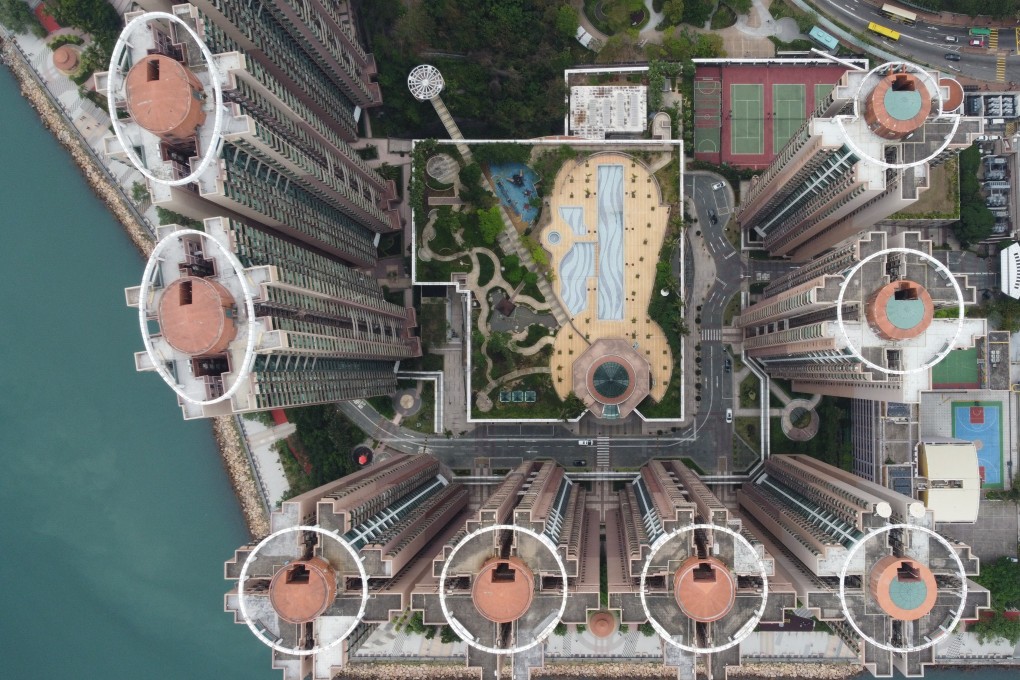Editorial | Hong Kong’s housing woes are now a global issue
- The Covid-19 pandemic has triggered the broadest global house price boom in over two decades. The social, economic and intergenerational problems induced by the high cost of housing that have long haunted Hong Kong are starting to be felt in booming markets across the world

Hong Kong people are used to treating property as a commodity and not just a home. With global home prices going through the roof, now everyone is following suit. Far from pulling the rug out from under real estate, the Covid-19 pandemic has triggered the broadest global house price boom in over two decades.
Low interest rates, repeatedly imposed by major central banks across the world economy, have created a tidal wave of liquidity. A savings glut and a general desire for more living space – caused by the enforced isolation, work-at-home and quarantine during the pandemic – have also boosted the property market.
Of the 40 economies covered by an Organisation for Economic Co-operation and Development (OECD) database, only three saw house price falls this year, the smallest proportion since data collection began in 2000.
The social, economic and intergenerational problems and malaise, induced by the high cost of housing, have long haunted Hong Kong. Now they turn out to be a rather universal issue. Markets in North America, Britain and across western Europe are booming, raising complaints about the affordability of home ownership, especially among young people.

04:11
Tiny 290sq ft temporary housing a welcome upgrade for some low-income Hong Kong families
However, Hong Kong is also unique in having the US dollar peg and being next door to mainland China. This has guaranteed not just cheap money but huge capital supply from mainlanders eager for property investments free from the anti-speculation and price control policy imposed in the mainland. Unsurprisingly, the average price of the city’s second-hand homes has been hitting record highs .
